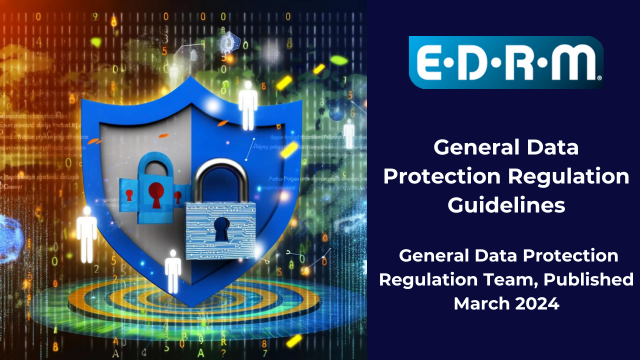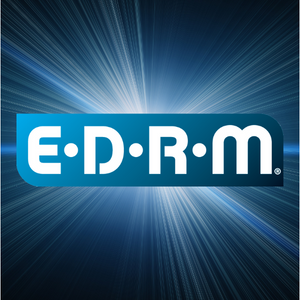
Parties that have possession, custody, or control of evidence potentially relevant to U.S. litigation or investigations are typically required to identify, collect, preserve, and produce such evidence (with limited exceptions) in response to discovery requests, subpoenas or litigation demands, regardless of where that evidence is located. Those requirements, however, may directly conflict with provisions in the European and UK General Data Protection Regulation (GDPR).
EDRM established the project team to develop guidelines and other resources to assist practitioners with compliance. The updated guidelines can be downloaded here.
Where litigation or investigation matters involve evidence located in Europe or the UK, parties are put into a difficult position of determining how to comply with U.S. discovery and/or production obligations without violating the GDPR. For even a single GDPR violation parties can be fined up to the greater of 20 million Euro or 4% of a company’s annual worldwide revenue. Practitioners do not want to face such liabilities. The guidelines, accompanying checklist, model hold notice, and model protective order were developed by our EDRM team to help facilitate compliance.
David Cohen, Partner, Reed Smith LLP, co-Project Trustee.
The white paper addressing “General Data Protection Regulation Guidelines” is published by EDRM’s GDPR Project Group led by co-Project Trustees, David R. Cohen, Partner and Yelizaveta Kotova, eDiscovery Attorney, Reed Smith LLP.
The Commercial Litigation Association of Ireland is delighted to endorse the EDRM’s Data Protection Guidelines, which are an invaluable tool for lawyers in understanding and ensuring their obligations under the General Data Protection Regulation when engaged in cross-border litigation.
Helen Kilroy, Chair of the Commercial Litigation Association of Ireland (CLAI).
Read the entire paper by hovering and scrolling to advance the pages or download using the button below.


